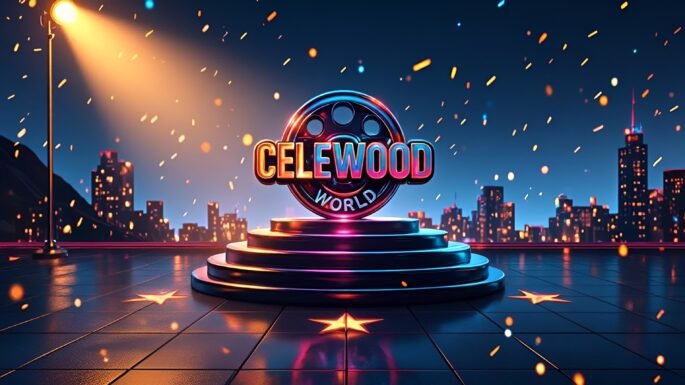Article –
The acquisition of 21st Century Fox by Disney on March 20, 2019, represents a landmark deal in the entertainment industry, valued at approximately $71.3 billion. This strategic move combined Disney’s extensive entertainment assets with Fox’s vast film, television, cable networks, and international holdings, significantly reshaping Hollywood’s landscape.
Background and Negotiations
The merger followed months of negotiation and strategic planning, beginning with Disney’s announcement in December 2017 to acquire Fox’s film and television assets. Disney aimed to enhance its content portfolio by adding popular franchises such as X-Men, Deadpool, and Avatar. 21st Century Fox, established in 1935, had been a major independent producer and distributor. This acquisition reflects a broader trend of media consolidation, where studios increase their scale to compete with emerging streaming services.
Significance for Hollywood
The integration of Fox’s assets significantly expanded Disney’s intellectual property and production capabilities, bolstering its competitive edge against streaming platforms like Netflix and Amazon. The merger enabled the launch and growth of Disney+ with a vast library and exclusive content. However, it also raised important discussions regarding:
- Market concentration and potential monopolistic influence
- Creative diversity within the industry
- Labor relations in a consolidated studio environment
- Changes in global content distribution strategies
Stakeholder Reactions
Industry analysts praised Disney’s strategic boldness in dominating content creation and distribution. Disney’s leadership reaffirmed their commitment to storytelling and enhancing consumer experience across various platforms. Nonetheless, some concerns were expressed about the deal’s impact on smaller filmmakers and the diversity of available programming. Public opinion was mixed, with excitement over new film developments tempered by worries about reduced competition.
Future Implications
Since the acquisition, Disney has integrated Fox’s properties into its operations, including incorporating franchises like X-Men and Fantastic Four into the Marvel Cinematic Universe. Disney+ continues to exploit Fox’s library, enhancing its streaming catalog. Meanwhile, regulators keep a watchful eye on media consolidation’s implications, which could influence future industry developments and policies.
In summary, this transaction marks a pivotal moment in Hollywood’s evolution. It highlights the growing importance of scale and ownership of content in the streaming era and sets the stage for ongoing shifts in competition, creativity, and consumer choice.

